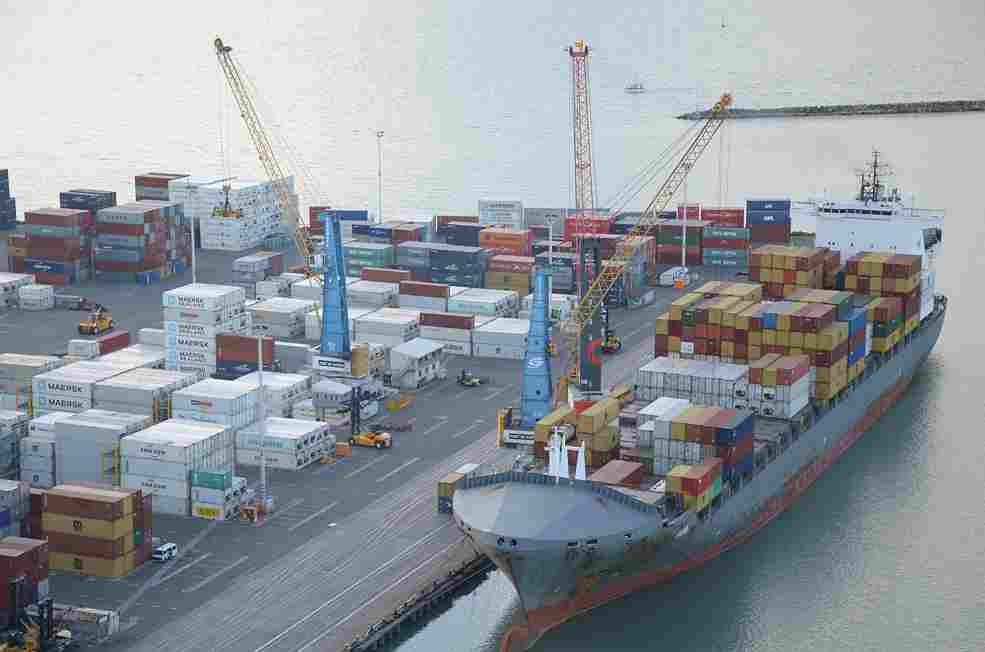
Blockchain Technology in Bunker Fuel Transactions
Blockchain technology is poised to transform the bunker fuel industry, offering transparency, security, and efficiency in transactions. This article explores the impact of blockchain technology on bunker fuel transactions, its benefits, implementation challenges, and future prospects within the maritime sector.
Understanding Blockchain in Bunker Fuel Transactions
Blockchain is a decentralized digital ledger that records transactions across multiple computers in a secure, transparent, and tamper-proof manner. In the bunker fuel industry, blockchain enhances trust and efficiency by providing real-time visibility and traceability of transactions involving fuel procurement, supply chain logistics, and compliance documentation.
Benefits of Blockchain Technology
- Transparency and Traceability: Blockchain enables transparent and immutable records of bunker fuel transactions, from procurement to delivery. Stakeholders can access a single source of truth, reducing disputes, fraud, and errors.
- Enhanced Security: Cryptographic encryption and decentralized storage ensure data integrity and protection against cyber threats, safeguarding sensitive information related to fuel transactions and compliance.
- Efficiency and Cost Savings: Streamlined processes, automated reconciliation, and reduced administrative overhead improve operational efficiency and lower transaction costs for bunker fuel suppliers and buyers.
- Compliance and Regulatory Alignment: Blockchain facilitates real-time monitoring and auditing of regulatory compliance, such as sulfur content limits and emissions reporting, ensuring adherence to international maritime regulations.
Implementation in Bunker Fuel Transactions
- Smart Contracts: Automated execution of contractual agreements (smart contracts) on blockchain platforms facilitates secure and transparent transactions, reducing reliance on intermediaries and enhancing transaction speed.
- Supply Chain Management: Blockchain enhances supply chain visibility by tracking fuel origin, quality certification, shipping routes, and delivery milestones, optimizing logistics and minimizing delays.
- Digital Documentation: Digitally storing and sharing documentation, including bunker delivery notes (BDNs), certificates of quality, and emissions reports, simplifies verification processes and improves data accessibility.
Challenges and Considerations
- Integration Complexity: Adapting legacy systems and establishing interoperability between blockchain platforms and existing IT infrastructure pose implementation challenges for stakeholders in the bunker fuel industry.
- Regulatory Frameworks: Ensuring blockchain solutions comply with maritime regulations, data privacy laws, and cybersecurity standards requires collaboration with regulatory bodies and industry stakeholders.
- Technology Adoption: Overcoming barriers to blockchain adoption, such as skepticism, lack of standardization, and upfront investment costs, requires education, pilot projects, and industry-wide collaboration.
Future Outlook and Innovations
- Interoperability and Standards: Development of industry standards and interoperable blockchain solutions will facilitate broader adoption and seamless integration across global bunker fuel supply chains.
- IoT Integration: Integration with Internet of Things (IoT) devices and sensors for real-time data capture on fuel quality, consumption rates, and vessel performance enhances blockchain’s utility in optimizing fuel management.
- Regulatory Compliance Automation: Advancements in blockchain analytics and AI-powered tools enable automated compliance monitoring and reporting, ensuring continuous adherence to evolving regulatory requirements.
Conclusion
Blockchain technology holds immense potential to revolutionize bunker fuel transactions, promoting transparency, security, and operational efficiency in the maritime industry. As stakeholders embrace blockchain solutions, they can streamline processes, mitigate risks, and enhance sustainability in bunker fuel operations. Collaboration, innovation, and regulatory alignment will drive the adoption of blockchain technology, paving the way for a more resilient and transparent global bunker fuel market.





